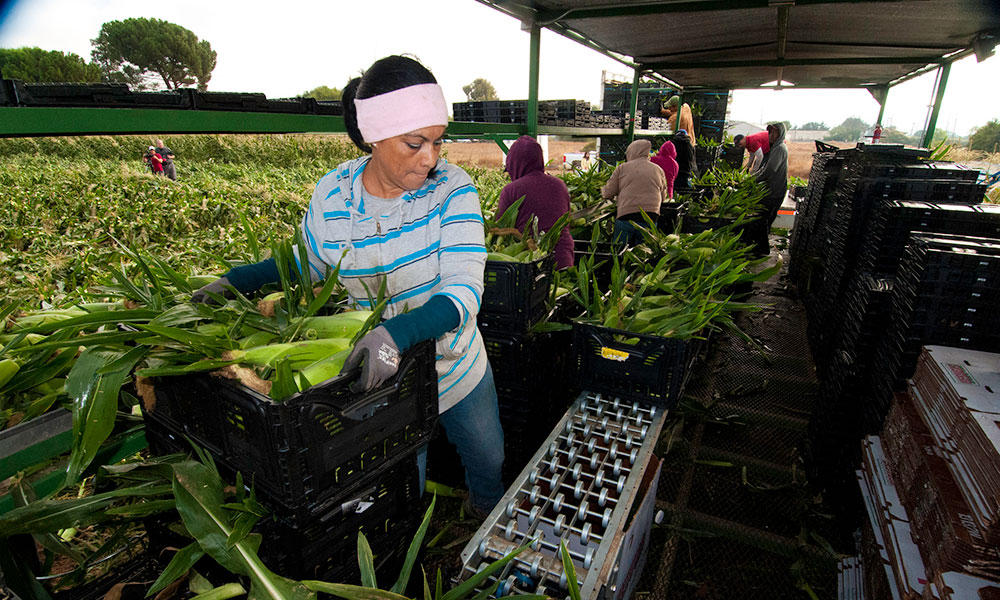
Groups Prepare Members for Increased Immigration Enforcement
With heightened immigration enforcement policies coming into effect, agricultural industries may feel the strongest effects. These organizations are making sure their members are ready to navigate the increased oversight.
With memos released by Homeland Security last week, the Trump administration is seeking to ramp up the number of audits and raids performed to identify and deport undocumented immigrants—a change that could heavily affect the agricultural sector.
According to Pew Research Center, illegal immigrants occupied 26 percent of U.S. farming jobs in 2014. As a result, farming operations could see an uptick in the federal oversight they are subjected to, and agricultural organizations are making sure their members are prepared.
“We are advocating Congress for immigration reform so that we can ensure a legal and stable workforce for the agricultural sector—and specifically for us, for the dairy sector—but our focus as a cooperative has been a little more broad in terms of educating our members,” Dairy Farmers of America Senior Vice President of Industry and Legislative Affairs Jackie Klippenstein said. “It’s been about properly documenting your employees, making sure you understand what your state laws are in terms of wage and hours, making sure you understand what your laws are in terms of overtime.”
DFA, which is a dairy farmer cooperative, has developed a compliance toolkit during the past six years outlining companies’ rights and obligations in the face of a federal audit or raid. As it did during President Obama’s presidency, it is reminding members of those available resources, as well as providing regionally specific information, such as that on new business-related laws passed in California that could have a bearing on employing immigrants.
In addition, DFA has hosted annual meeting sessions with labor attorneys focused on compliance for the past six years. This year the session will emphasize workers’ documentation and how to handle missing or improperly filed documentation.
“We feel like our job is to make sure farmers understand what documents you are legally required to have on your employees,” Klippenstein said, specifically ensuring an employer’s I-9 documents are in order. “If, for some reason, this slipped off your to-do list, this is the time to get it done because we’re seeing more enforcement action around the country,” she continued.
In light of recent enforcement policies, DFA has fielded an influx of members’ questions regarding their rights or when to present documentation in the case of a raid, as well as how to properly fix documents that were filed incorrectly. Klippenstein said the cooperatives often receive such questions before their membership association, the National Milk Producers Federation, driving them to develop their own resources. NMPF and its cooperative members share the information and resources, she explained.
Similarly, the Western Growers Association communicated tips for members reviewing employee documentation following President Trump’s immigration-related executive orders—an action WGA also took during the Obama administration.
“Members should begin preparing for increased worksite enforcement and renewed emphasis on Form I-9 audits,” the post read. “This means that employers should be proactive to recognize and correct Form I-9 problems before ICE comes knocking on the door. Now is the time to audit all Form I-9s to ensure they are completed fully and accurately.”
Migrant workers shown harvesting corn at Uesugi Farms in Gilroy, California in 2013. (Bob Nichols/USDA/Flickr)






Comments